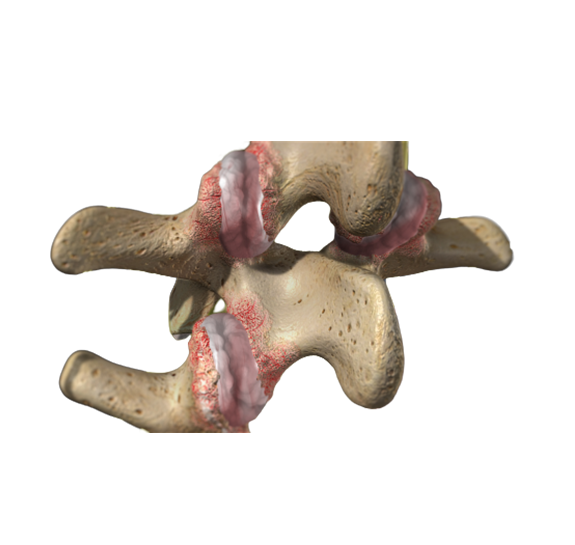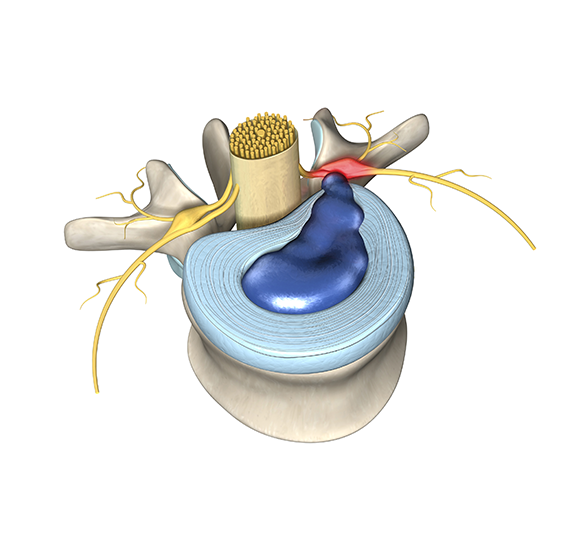
When is low back pain serious
When is low back pain serious https://bestpracticehealth.tv/wp-content/uploads/2022/11/lowbackpain-banner1122.png 1024 535 Best Practice Health TV Best Practice Health TV https://bestpracticehealth.tv/wp-content/uploads/2022/11/lowbackpain-banner1122.pngBack pain hurts so much it is scary; especially the first time. Back pain feels so severe it makes you wonder if the condition is serious.
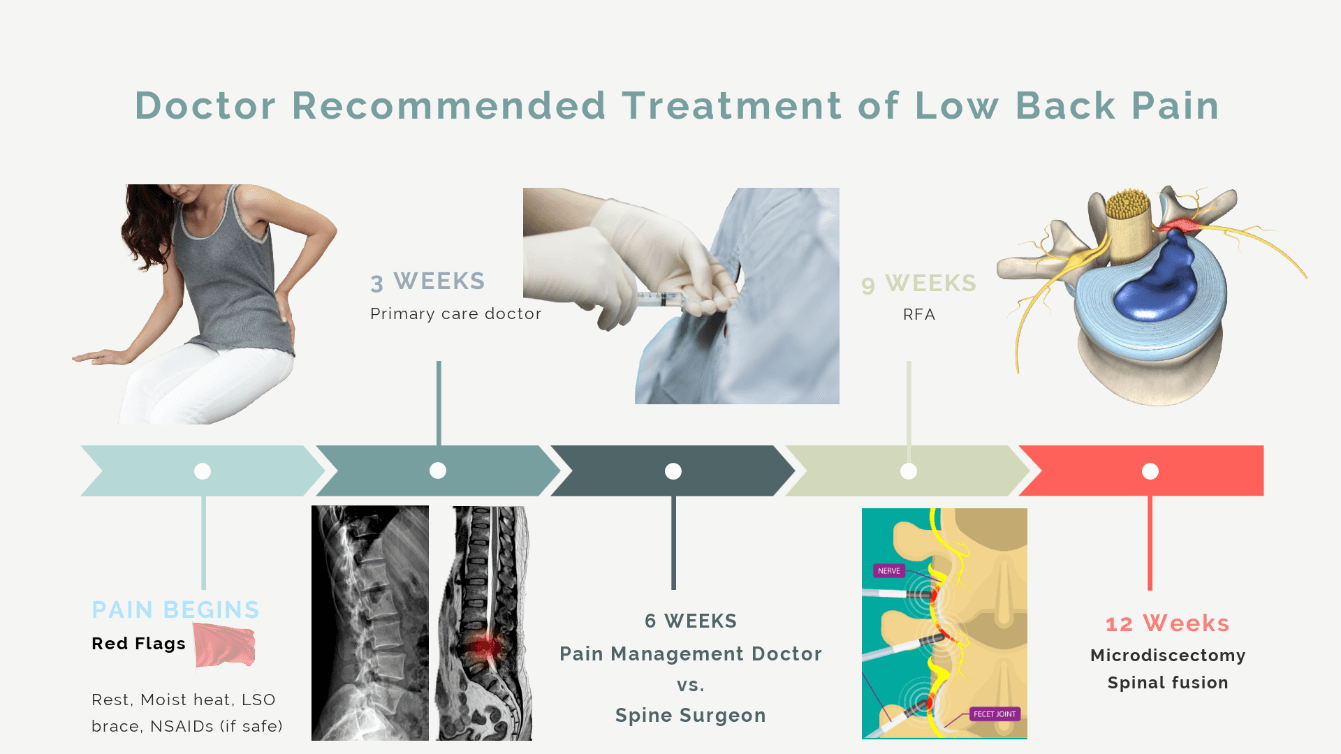
If your low back pain is not serious then you should try 3 weeks of home care before seeing a primary care medical doctor or chiropractor. They will get an x-ray and refer you for therapy. If you reach 6 weeks and are not better, then you will need an MRI and a visit with a pain management doctor.
When is low back pain serious?
Low back pain is serious if the underlying cause threatens your life or could leave you with permanent nerve damage unless you act now; fortunately, that is almost never the case. But almost is not good enough when we are talking about life or limb.
As it turns out, low back pain is SERIOUS if it is caused by 4 underlying conditions. The 4 causes of SERIOUS low back pain are:
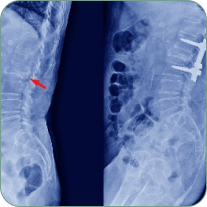
Instability. The structure of the spine is damaged in a way that it can no longer protect the underlying neural elements. Instability is usually due to an accident.

Cancers. A tumor can start or spread to the spine. Thankfully cancer of the spine is extremely rare and can usually be detected with a simple x-ray.

Infection. Bacterial, fungal, or even mycoplasma infection of discs can spread to the bones and cause permanent nerve damage. Your spine is normally resistant to infection. Most people with disc infections are already unhealthy due to drug addiction or even immunosuppression.
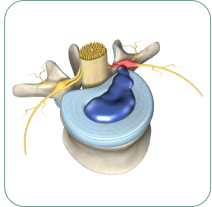
Giant herniated discs. Nerve root damage can happen due to herniated discs. If enough nerve roots are compressed, you get cauda equina syndrome which is:
- Urinary retention
- Numbness everywhere a saddle touches your private parts
- Sciatica in both legs
- Numbness and weakness in the legs
You should suspect that low back pain is serious if you have any of the following red flags:
- Urinary retention or loss of bladder control
- Functionally limiting numbness or weakness
- Severe pain that began with trauma or accident
- History of cancer, trauma or recent infection
- Associated fever, shakes or chills

If you have a red flag and you cannot reach a doctor right away, then head for the nearest emergency room. Pick a hospital nearby that is a trauma center—that essentially guarantees they have the necessary imaging and doctors for your emergency.
- Posted In:
- Low Back Pain


